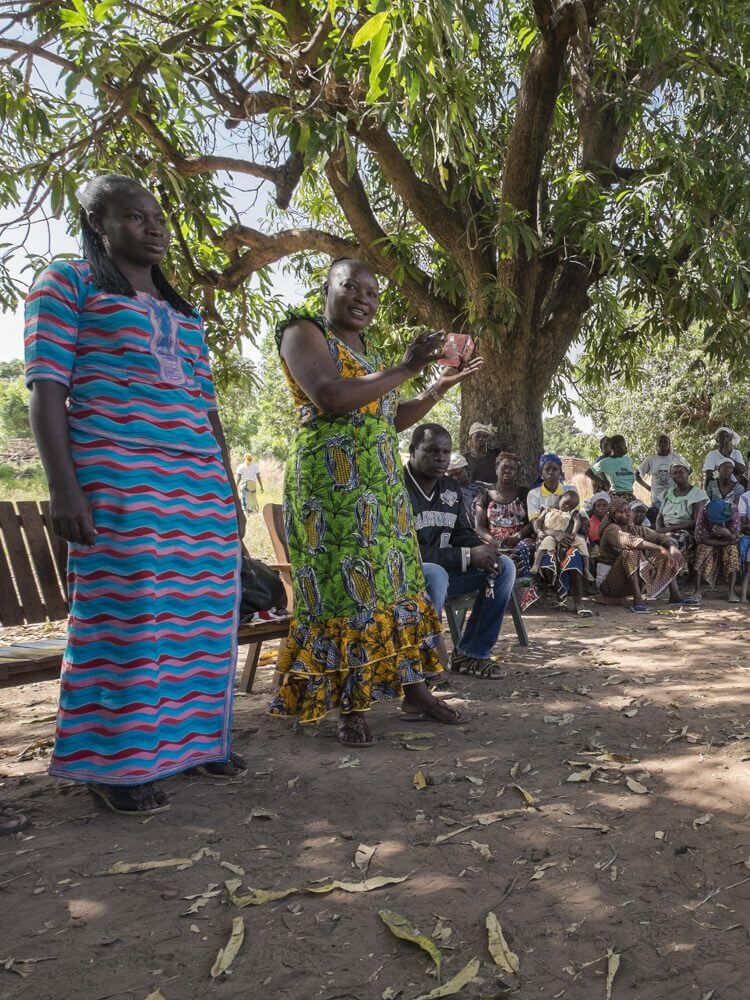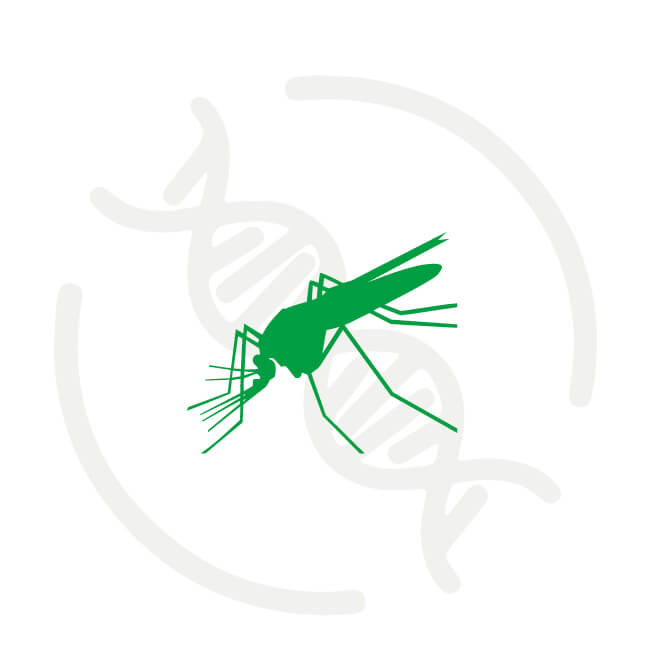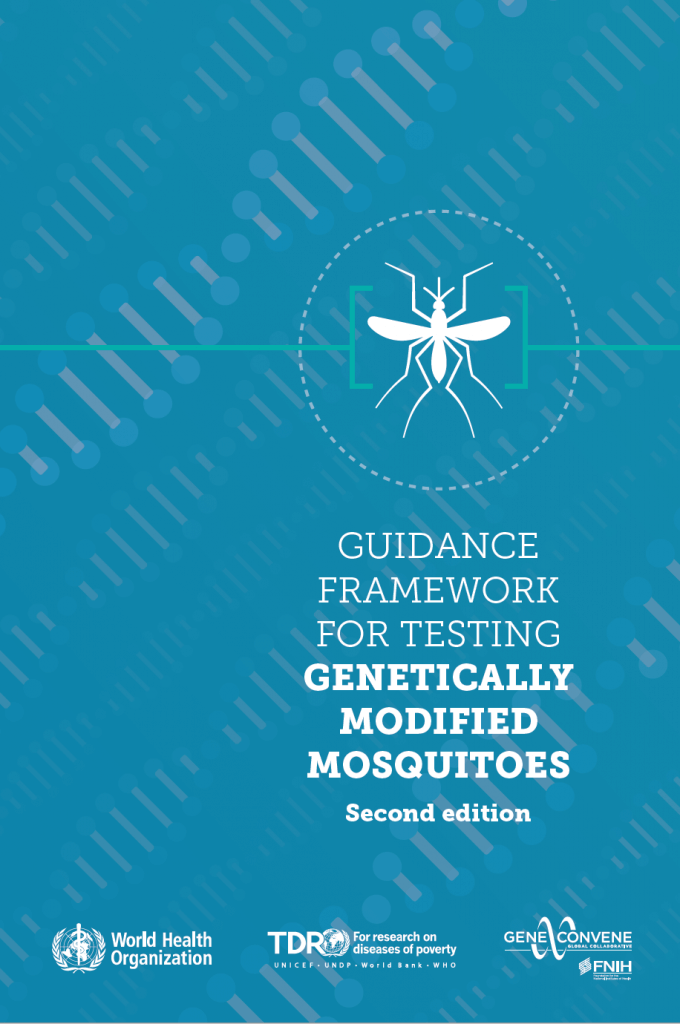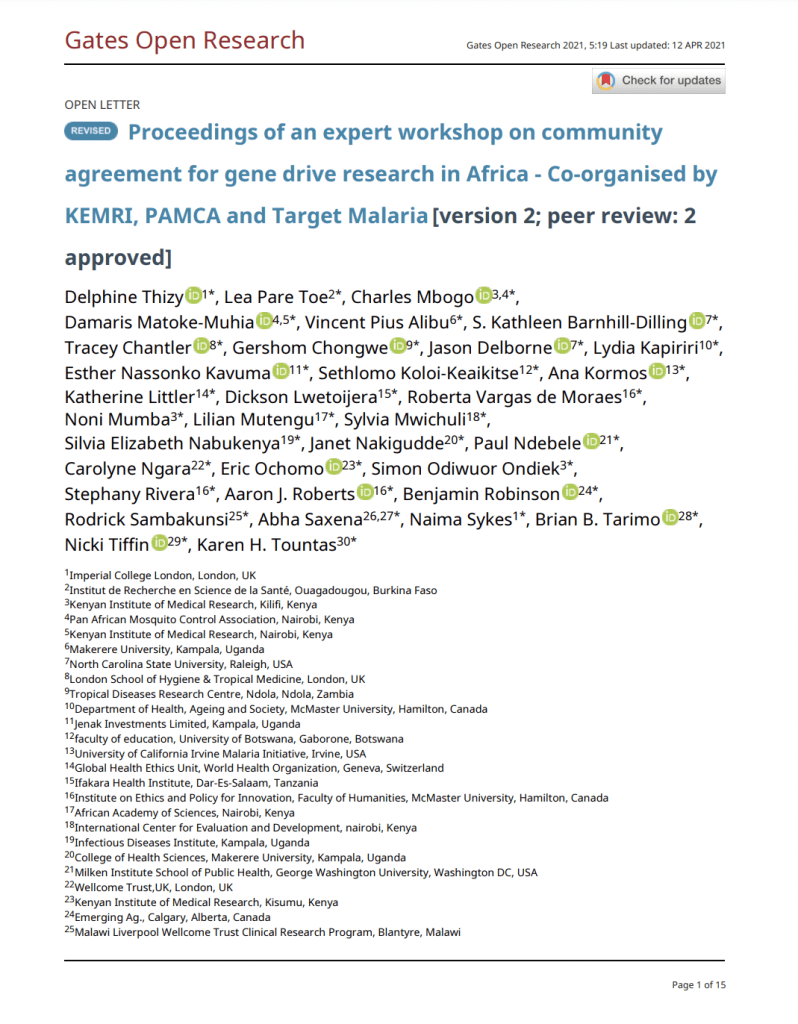Laying the groundwork for a community agreement framework for gene drive research in Africa



Novel genetic technologies for vector control, such as those being developed by Target Malaria, present researchers and stakeholders with many unique challenges. One of the most salient is the need to establish an agreement framework for communities that would be directly affected by a release of genetically modified mosquitoes, including gene drive ones.
The WHO Guidance framework for testing genetically modified mosquitoes clearly recognises that individual consent is not appropriate for gene drive research, because simply being in proximity of the mosquitoes does not qualify an individual to be a “human subject”. Additionally, because individual members of a community living in proximity of a potential field-testing site would not be able to individually “opt out” of a testing, any release of gene drive mosquitoes would have to be approved by the community as a group before it could be allowed to take place.
While there is ample guidance in other fields on the topic of community agreement, for public health there are relatively few resources outlining what processes, models, and practices of community-led decision-making could enable the granting or not of this approval, in a manner that is responsible, responsive, and context-appropriate.
To address these gaps, Target Malaria, in partnership with the Kenya Medical Research Institute (KEMRI) and the Pan African Mosquito Control Association (PAMCA), hosted a workshop and consultations over the summer of 2020 bringing together researchers, bioethicists and academics from Africa, Europe and North America. The objective of the workshop and consultations was for researchers and practitioners to reflect on their experience and attempt to delineate potential best practices for seeking community agreement for gene drive research in Africa, as well as to identify areas of uncertainty where further investigation or deliberation would be required. The proceedings of this workshop are now available to read in Gates Open Research.
The workshop was conducted through both real time webinars and meetings, as well as discussions in an online forum, to allow for the greatest possible participation, and to work around the complications of conflicting schedules and time zones during the pandemic. Exchanges were grouped under three broad thematic clusters: “Representation and Legitimacy”, “Accountability”, and “Operational considerations”, all of which informed further considerations on “Best Practices”. Participants were able to draw out key insights related to conceptual terminology, stakeholder identification, engaging with stakeholder opposition, and establishing independent monitoring mechanisms. These were then used to create a visual “operational model” laying out the preconditions for successful community engagement and the key activities and relevant actors for each step of the engagement process.
In the course of their conversations, participants were also able to think about areas requiring further work, such as how to ensure that monitoring and evaluation is sufficiently independent, what the appropriate criteria and benchmarks should be for such an evaluation, and how communities are defined and delineated.

This work will feed into Target Malaria’s stakeholder engagement activities going forward and is a crucial step in the process of building a legitimate and appropriate model of stakeholder engagement and community agreement for any eventual field testing of the technologies it is developing. It also represents a means for the three co-convening organisations to foster a community of practice among experts from Africa and beyond with a shared understanding of the concepts, challenges, and uncertainties related to these topics.


